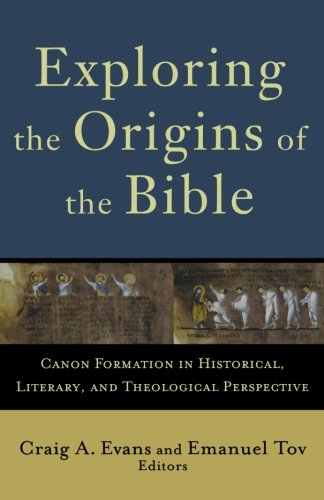I haven’t done this lately, and all the cool bloggers do it frequently, so I’m going to hit that mid-point between being a wannabe cool blogger and not really caring if I’m a cool blogger. That is, since I need a post for today and am a little short on ideas, I’m going to give you some short book suggestions.
I have read or am reading all of these, and will stop short of all-out endorsing them, but so far I like what I see.
#1: Gates of Fire by Steven Pressfield.

This is an historical novel addressing the Battle of Thermopylae in 480 BC. Obviously, being an adult-oriented work, this one contains much in the way of language and gruesome depictions of ancient warfare. So, it’s not a read-aloud for kindergarten. Still, the vividness of the descriptions and manner in which Pressfield both humanizes the Spartans and addresses their flaws engaged me. First book in a while that I have started on and not wanted to quit. Pressfield does not leave us just with “and everybody died at Thermopylae,” but does finish up the Persian Invasion.
#2: Exploring the Origins of the Bible by Craig A. Evans and Emanuel Tov

This is an academic look at the background of the composition of the Bible. Jewish sources are cited in much of the discussion of what we call the Old Testament, and given the Jewish origin of the Old Testament, that’s quite logical. Some of the information is very nerd-oriented, but it’s still a good read. Also of note is a section addressing some of the knowledge reflected in early Jewish writings, including some mention that the moon reflects the sun’s light and that blood circulates within the body—both ideas that are often noted as “discovered” much later.
Exploring the Origins of the Bible is a collection of essays/papers from eight authors, with Evans and Tov contributing one chapter each and editing the rest. If you are interested in studying the origins of Christian Scripture, this is a helpful tool.
A quick note on this: it is nigh unto impossible to find an “unbiased” book on the subject of Scriptural formation in the Christian religion. You will either find books written from the “we must debunk, anyone who accepts is rejecting all logic and falling for religion-power” viewpoint or are from the “we take it by faith but use these cherry-picked facts to support the faith” viewpoint. Evans/Tov have come decently close to finding facts and basing the work on the facts.
#3: Love and Respect by Emerson Eggerichs
 This is a marriage book, primarily, and addresses the idea that men need to see respect in their relationships while women need to see love. That is, of course, a gross over-simplification. So far, I’m only part of the way into it. I think it’s a good look at “make sure you are paying attention to what your spouse needs” type of book. It’s very easy to try and be in a relationship what we want, without realizing that this might keep us from being what our partner wants.
This is a marriage book, primarily, and addresses the idea that men need to see respect in their relationships while women need to see love. That is, of course, a gross over-simplification. So far, I’m only part of the way into it. I think it’s a good look at “make sure you are paying attention to what your spouse needs” type of book. It’s very easy to try and be in a relationship what we want, without realizing that this might keep us from being what our partner wants.
As with all books of this nature, it can be really easy to get out of balance from Scripture and reality. Take it, read it, digest it, and use the valuable parts.
Those three should give you something to read for a week or two.


No comments:
Post a Comment
To deal with SPAM comments, all comments are moderated. I'm typically willing to post contrary views...but I also only check the list once a day, so if you posted within the last 24 hours, I may not be to it yet.